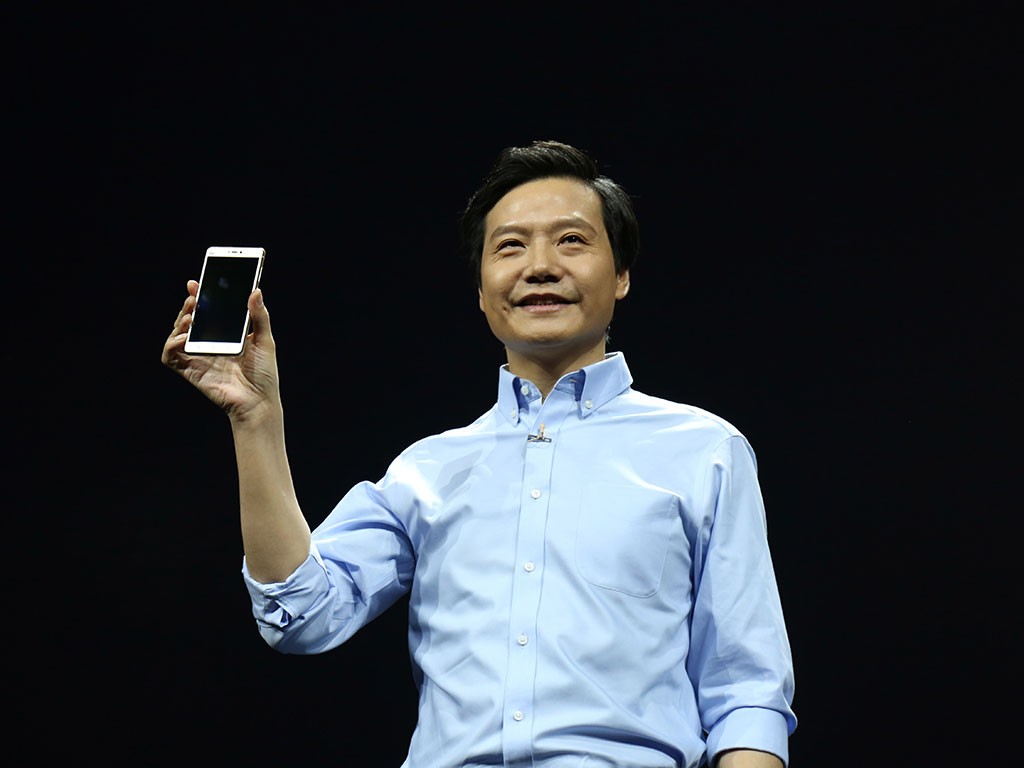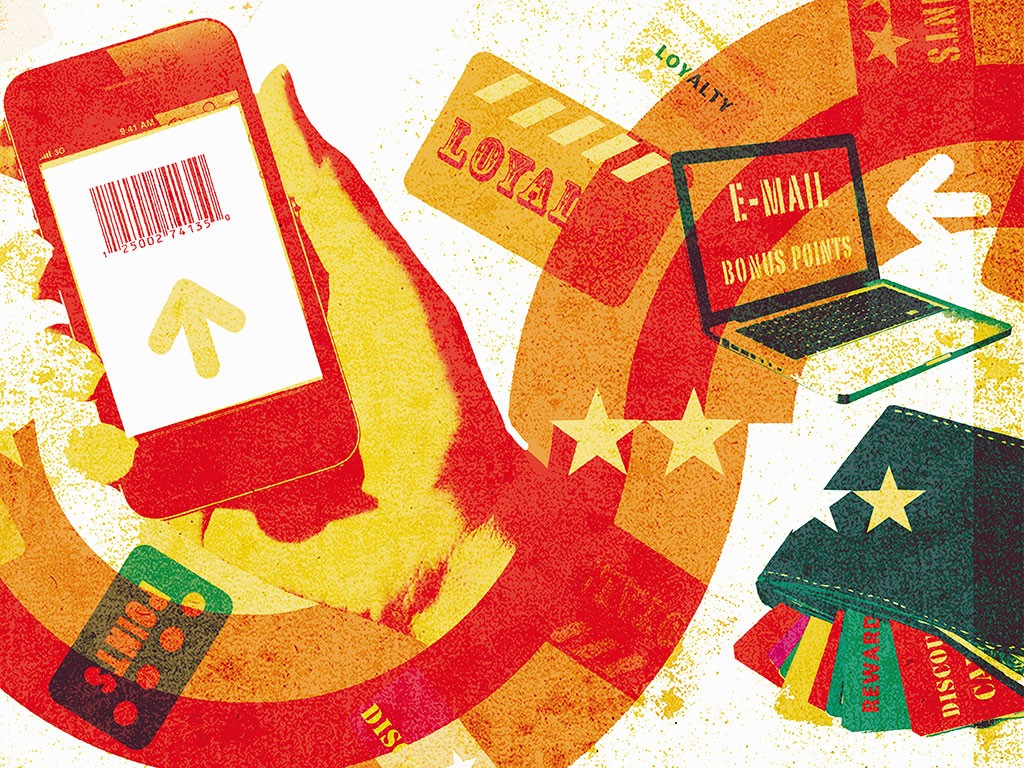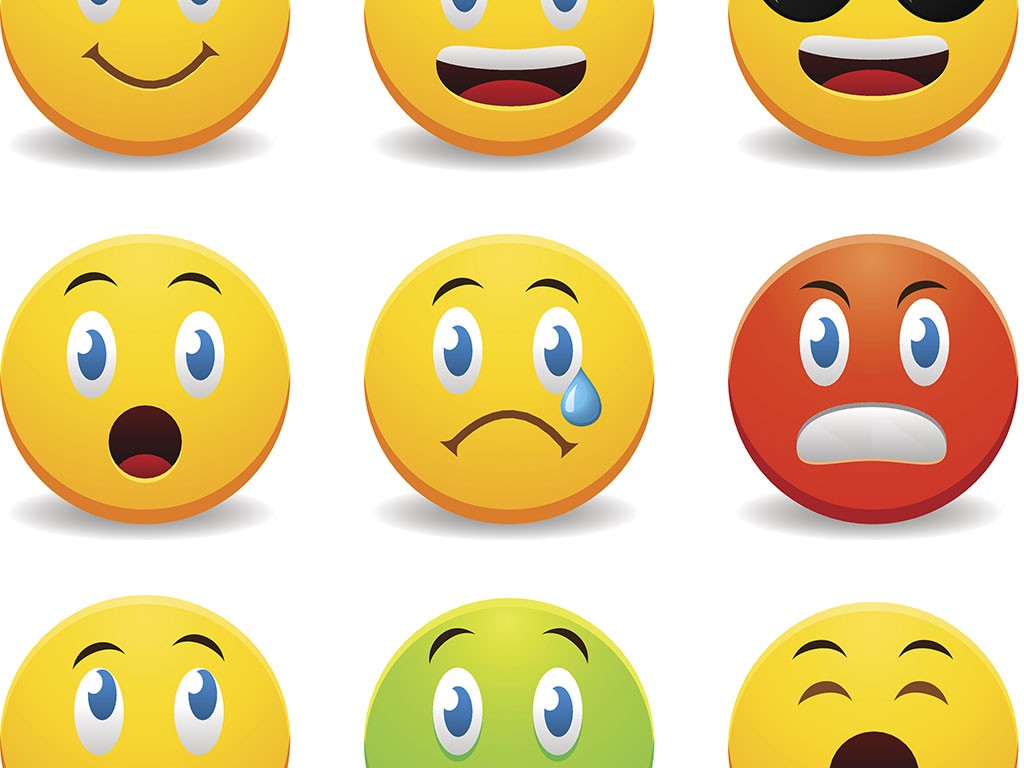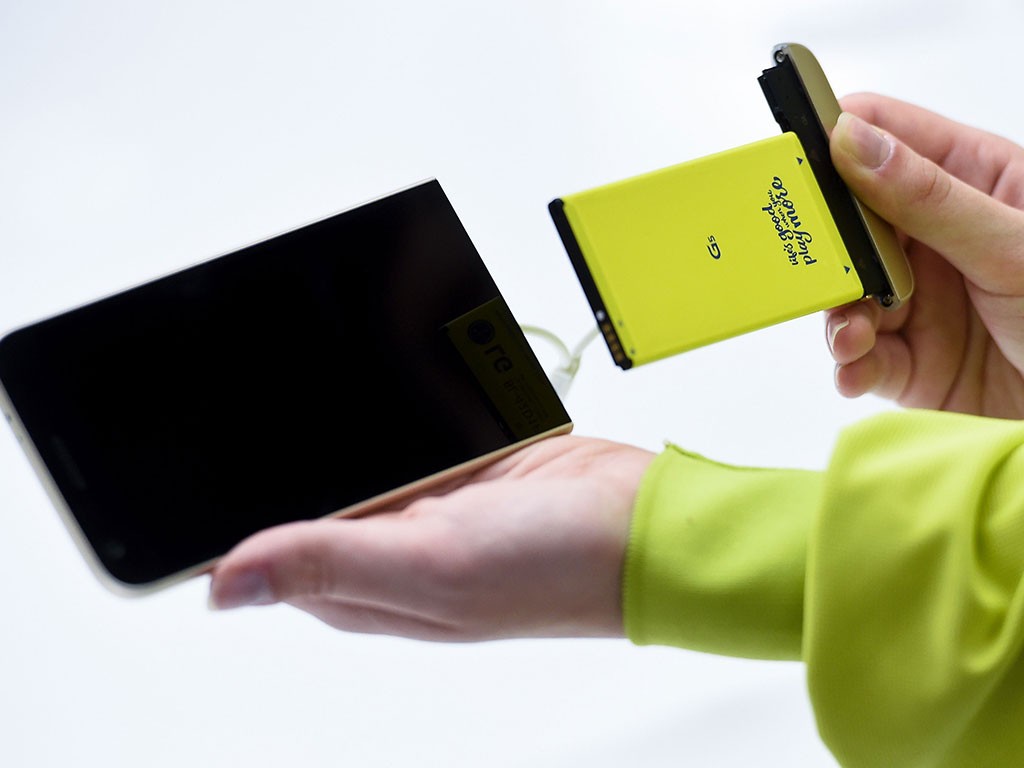Apple is battling the FBI to protect privacy
Having opposed a court order to unlock the iPhone of one of the San Bernardino shooters, Apple continues its battle with the FBI
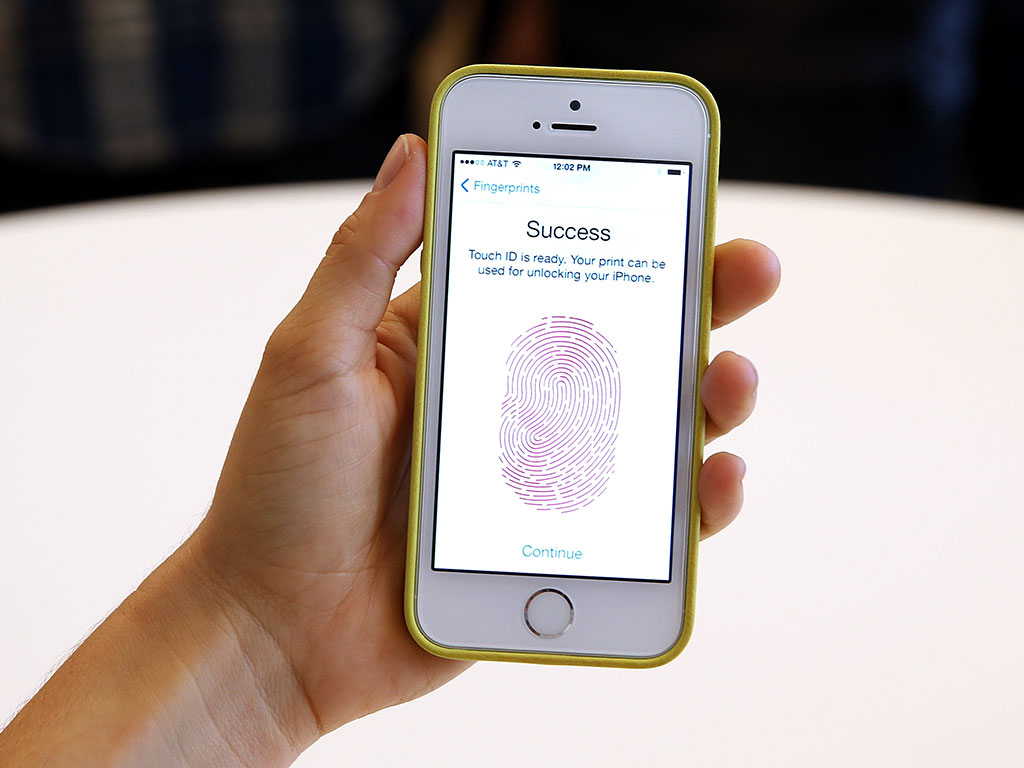
An iPhone displaying a successful Touch ID login. Without Apple's assistance, it would take the FBI years to unlock Rizwan Farook's phone, but the tech company has refused to cooperate due to the precedent it says such actions would set
On 16 February, Judge Sheri Pym of US District Court in Los Angeles demanded Apple provide “reasonable technical assistance” to investigators seeking to unlock data on an iPhone owned by Rizwan Farook, one of the San Bernardino shooters. In response to the 2 December mass shootings, the FBI order requests Apple modify its encryption so federal agents can more easily unlock the phone.
Apple estimates it would take someone five and a half years to try every single combination
The passcode feature of the iPhone is so secure Apple estimates it would take someone five and a half years to try every single combination. The court demanded the tech company cut that delay for Farook’s device, but Apple argued that, even for one device, bypassing the feature would “undeniably create a backdoor”.
In a statement on Apple’s website, Chief Executive Tim Cook opposed the court order, claiming it was “compromising the security of our personal information” and could “ultimately put our personal safety at risk”. Refuting the government’s suggestion the tool could only be used once, Cook highlighted the danger of the technique by comparing it to a master key, which could be used over and over again on a number of devices.
“In the wrong hands, this software – which does not exist today – would have the potential to unlock any iPhone in someone’s physical possession”, Cook said. “The government is asking Apple to hack our own users and undermine decades of security advancements that protect our customers.”
The critics
Apple has faced fierce criticism for its stance, on a personal and political front. On 18 February, the family of UK Fusilier Lee Rigby, who was murdered by Islamist terrorists in 2013, condemned Apple’s decision. Rigby’s uncle told the BBC the company was “protecting a murderer’s privacy at the cost of public safety”.
At a press conference the day before, White House spokesman Josh Earnest pledged his full support for the Justice Department and the FBI, rejecting Apple’s statement that the FBI was asking it to create a backdoor to one of its products. Other politicians, such as John Kasich and Donald Trump, also defended the court order.
One of the most surprising critics of the company’s decision was the founder of Microsoft, Bill Gates. Breaking with Silicon Valley, Gates backed the US Government, saying tech companies should be forced to cooperate with law enforcement. He rejected the assertion the FBI was demanding Apple create a backdoor, arguing the company could give access to the shooter’s phone without setting a wider precedent.
The privacy advocates
Those in agreement with Apple’s position also voiced their support. Gates aside, most Silicon Valley executives who have spoken up have backed Cook. Speaking at Mobile World Congress, Mark Zuckerberg said: “I don’t think building backdoors is the way to go, so we’re pretty sympathetic to Tim and Apple.” Tech company leaders and privacy advocates have taken to social media to show their support. Google’s Chief Executive Sundar Pichai tweeted:
3/5 We build secure products to keep your information safe and we give law enforcement access to data based on valid legal orders
— sundarpichai (@sundarpichai) February 17, 2016
4/5 But that’s wholly different than requiring companies to enable hacking of customer devices & data. Could be a troubling precedent
— sundarpichai (@sundarpichai) February 17, 2016
None who defend Apple deny the need for public security, but reject the notion security must prevail at the cost of privacy. Public safety and national security are top priorities of any state, but it is questionable when public safety is invoked as a tool to take on new powers of surveillance. Since Edward Snowden’s revelations about the NSA, tech companies have suffered as their customers’ trust has been undermined by government surveillance. Fearful that allowing the FBI access to private information could set a precedent, tech companies support the fight against what could be a damning future.
Snowden himself tweeted to criticise law enforcement:
The @FBI is creating a world where citizens rely on #Apple to defend their rights, rather than the other way around. https://t.co/vdjB6CuB7k
— Edward Snowden (@Snowden) February 17, 2016
He also warned of the detrimental effect this could have around the world, suggesting China would most likely follow suit and impose encryption regulations on all multinational companies.
Snowden called the stand-off between Apple and the FBI “the most important tech case in a decade”. With the potential to be taken all the way to the US Supreme Court, the tensions between privacy protection and public safety are emotionally charged. A recent poll from Pew Research Center suggested the majority of the general public sides with the FBI, but protestors are set to back Apple and its fight for privacy. It is too soon to tell which side will win.


